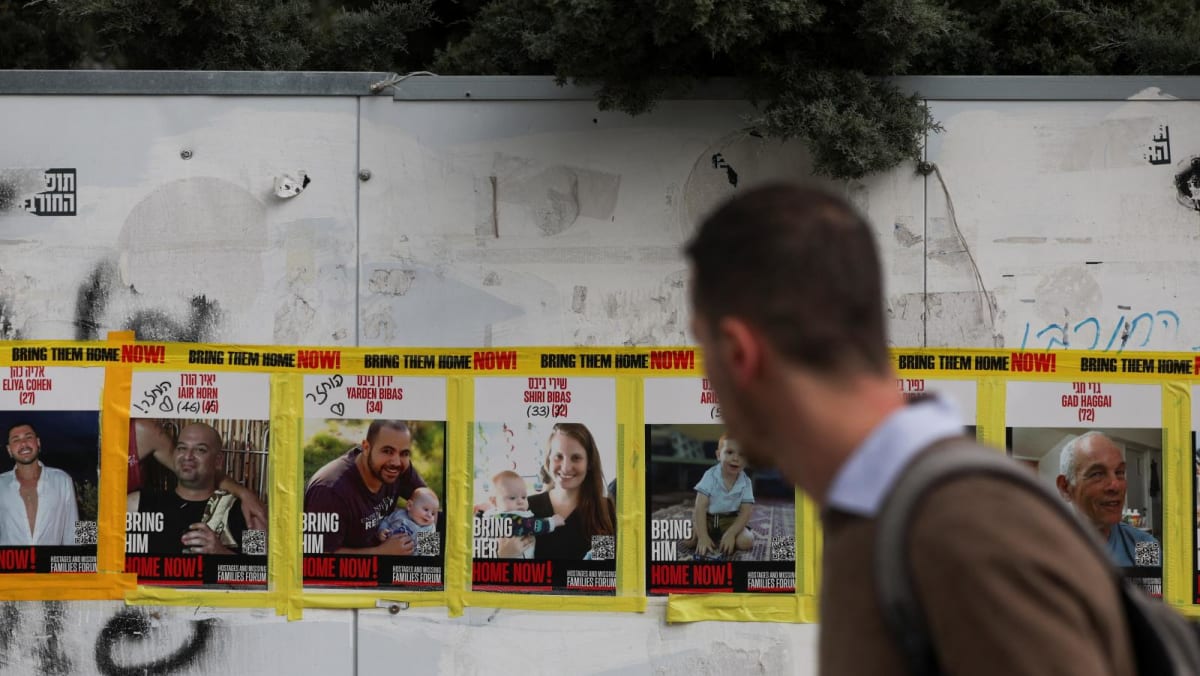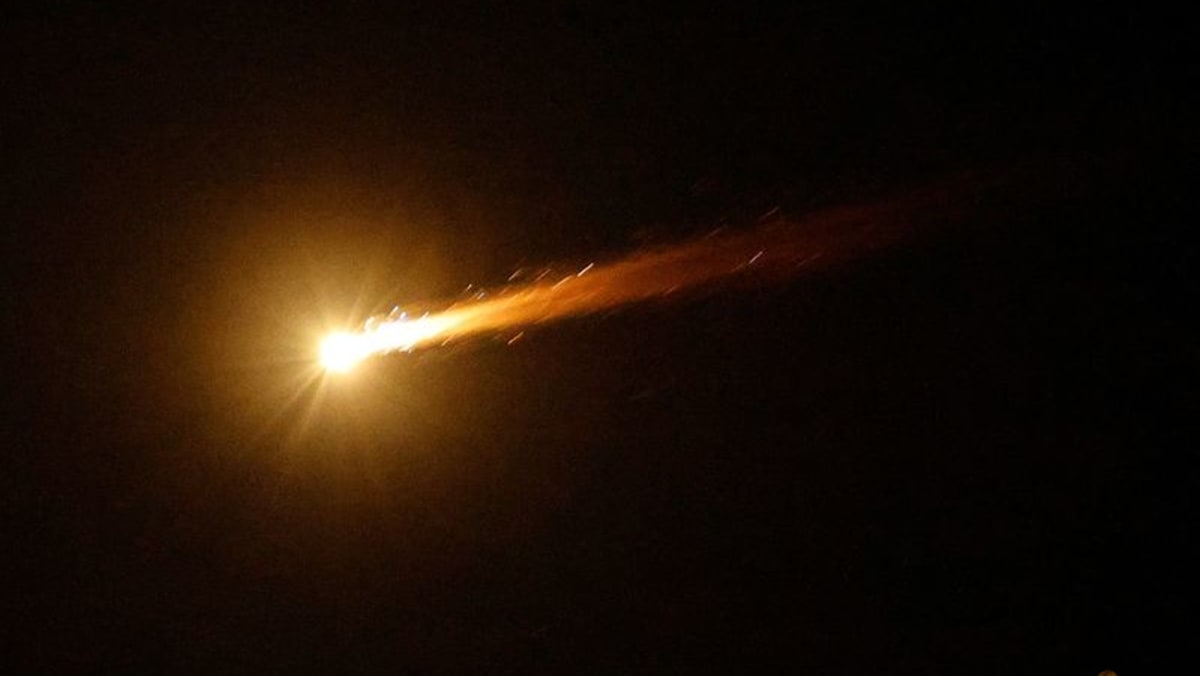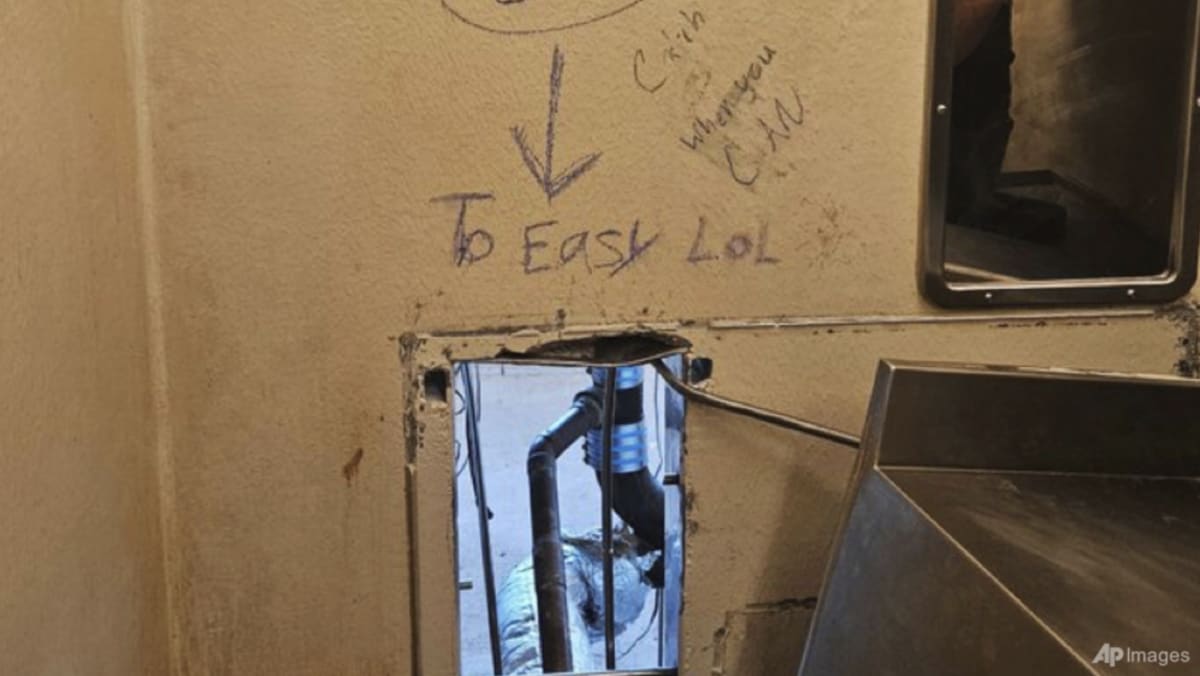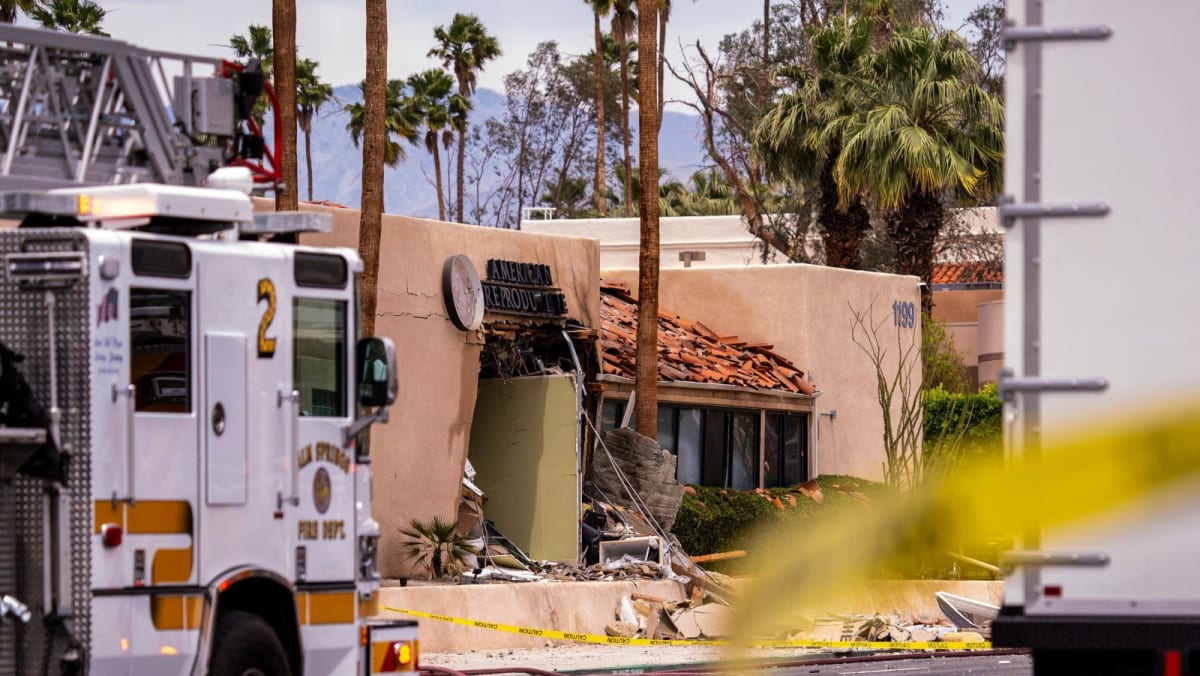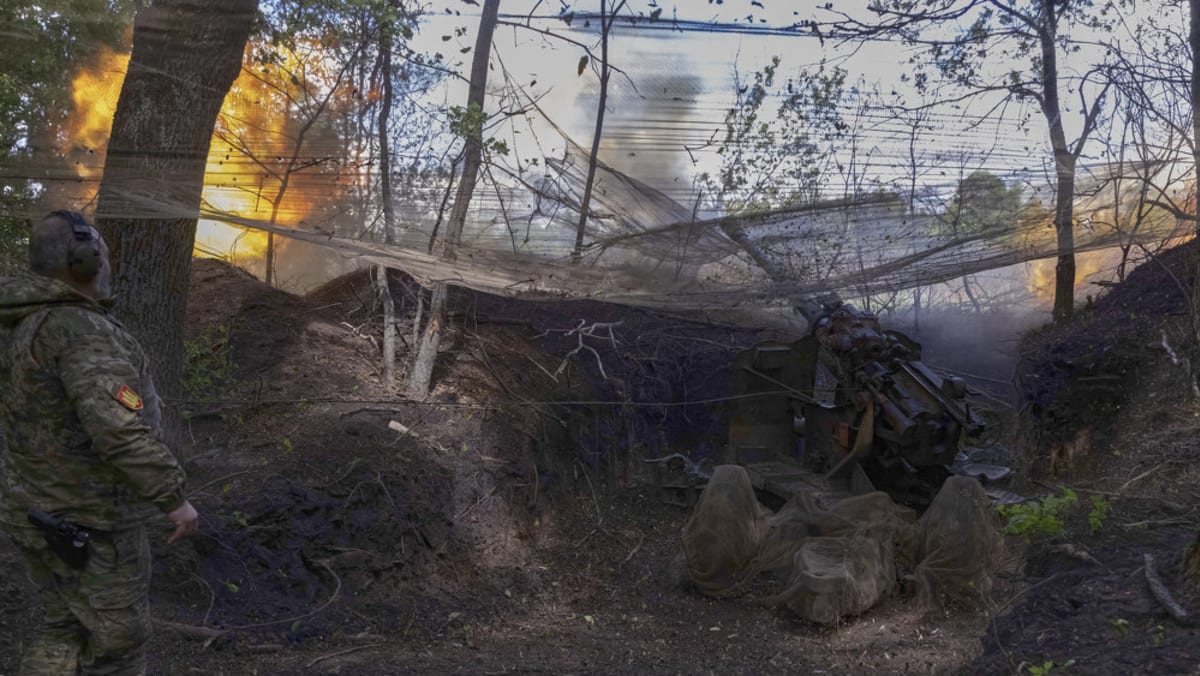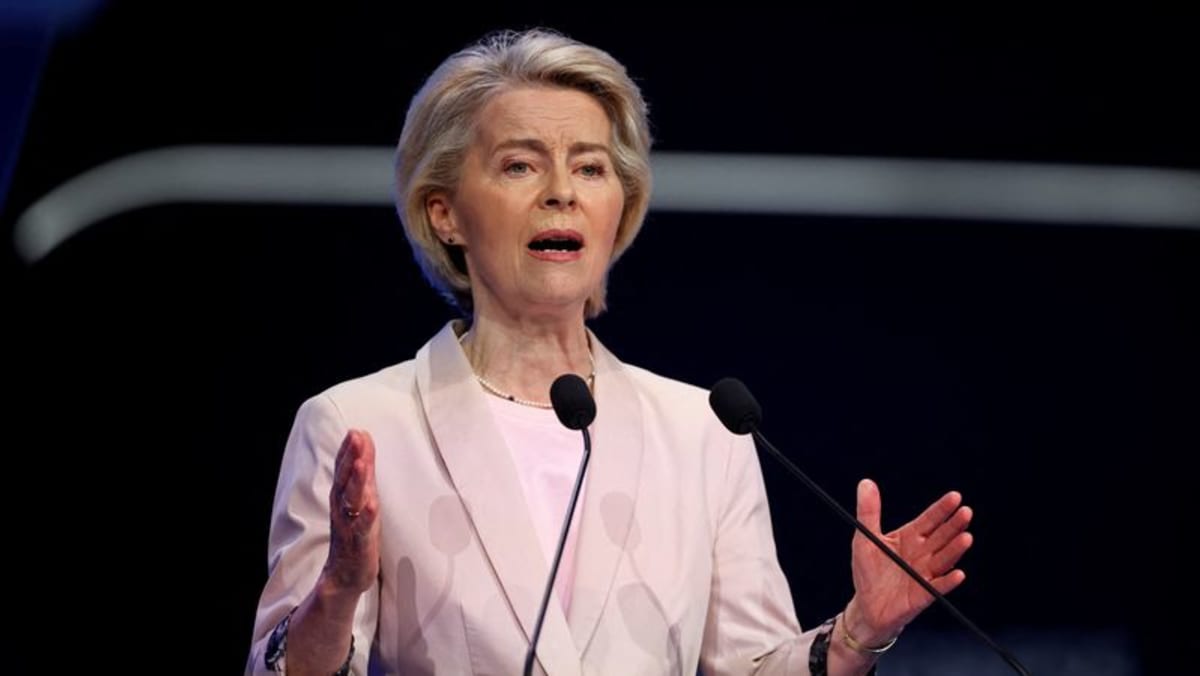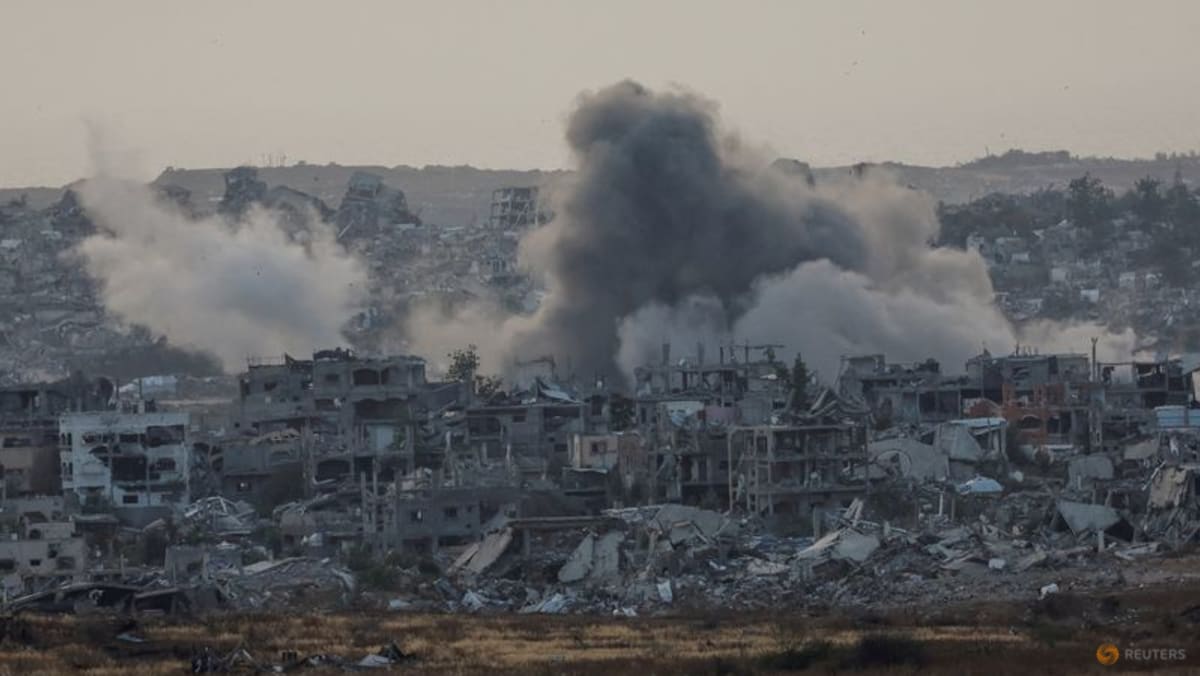“Shiri and the kids became a symbol,” said Yiftach Cohen, a resident of Nir Oz, which lost around a quarter of its inhabitants, either killed or kidnapped, during the Oct. 7 assault. “I still hope that they will be alive.”
Yarden Bibas was returned in an earlier exchange of hostages for prisoners this month. But the family said this week their “journey is not over” until they received final confirmation of what happened to the boys and their mother.
The handover will be the first return of dead bodies during the current agreement and Israel is not expected to confirm their identities until full DNA checks have been completed.
Despite accusations on both sides of ceasefire breaches, the fragile agreement that took effect on Jan 19 has held up since the first in a series of exchanges of hostages in Gaza for Palestinian prisoners and detainees held by Israel.
Israeli Prime Minister Benjamin Netanyahu has faced criticism from his far-right coalition allies for agreeing to the deal, which some in Israel feel rewards Hamas and leaves the militant group in place in Gaza.
But successive surveys have shown broad support among the public for the ceasefire, and thousands of Israelis have taken to the streets to demand the government stick to the deal until all the remaining hostages are returned.
Israel launched its war in the Gaza Strip after the Hamas-led attack that killed some 1,200 people, according to Israeli tallies, with 251 kidnapped. The Israeli military campaign has killed some 48,000 people, Palestinian health authorities say, and left densely populated Gaza largely in ruins.





